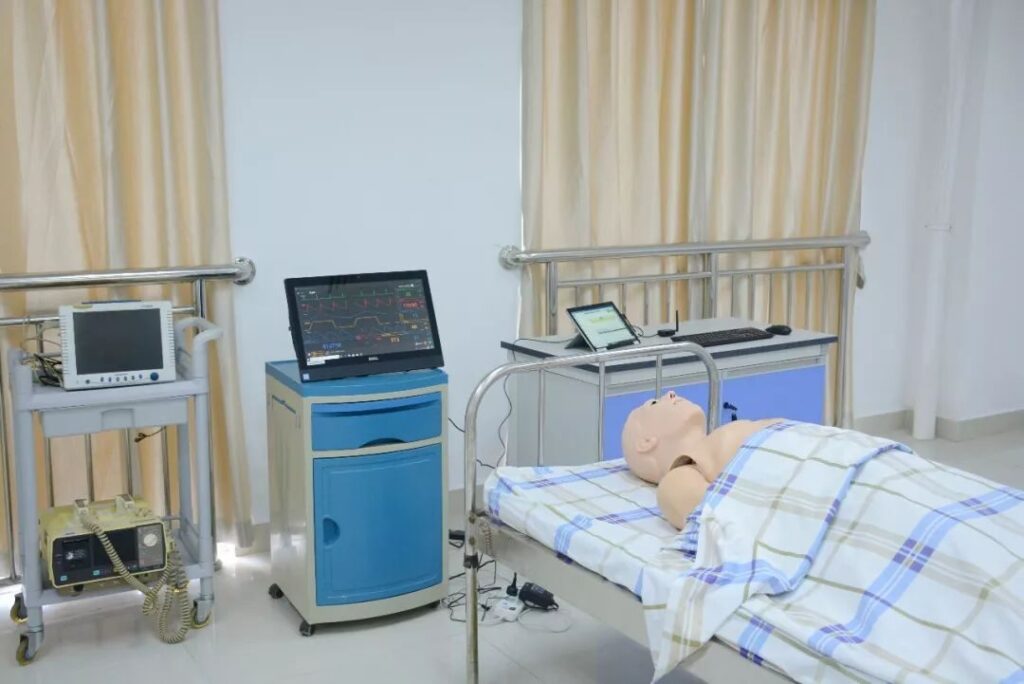
Radio frequency identification (RFID) technology is increasingly being used in the medical industry. It uses wireless radio frequency signals to identify and transmit data, thereby improving the efficiency and quality of medical services. In terms of medication safety, RFID technology can play an important role, which is specifically reflected in the following aspects:
Improve the efficiency of drug tracking and management: RFID tags can be attached to drug packaging, and the drug information, including drug name, specifications, batch number, etc., can be quickly read through scanning equipment to ensure the authenticity and effectiveness of the drug. In this way, medical staff can check drug information when using drugs and reduce the risk of medication errors.
Enhance inventory management capabilities: Using RFID technology, hospitals can monitor the inventory of drugs in real time and accurately grasp the flow and storage status of drugs. This not only helps to reduce inventory backlogs and expired drugs, but also replenish inventory in time to ensure that patients can use necessary drugs in a timely manner.
Support clinical decision-making: RFID technology can provide detailed drug use data, which is very valuable to doctors and pharmacists. Through the analysis of data, we can better understand the use trend of drugs, support clinical decision-making, and improve the rationality of medication.
Improve patient safety: Medication errors are one of the important issues in medical safety. RFID technology can help hospitals reduce medication errors caused by human error, thereby improving patient safety.
Personalized medicine: In some high-end medical scenarios, RFID technology can be used to track personalized medical devices or implants to ensure that patients receive tailored treatment.
RFID technology also plays an important role in providing high-quality patient care:
Optimize workflow: Through RFID technology, medical staff can quickly find the medical equipment and consumables they need, save time, improve work efficiency, and have more time to focus on patient care.
Reduce the risk of infection: RFID technology can help hospitals track and monitor the cleaning and disinfection of medical devices, ensure that each medical device meets the disinfection standards before use, and reduce the risk of patient infection.
Improve patient satisfaction: The application of RFID technology can reduce patient waiting time, improve the quality of medical services, and thus improve patient satisfaction and loyalty.
In short, radio frequency identification technology is of great significance in improving medication safety standards and providing high-quality patient care. With the continuous advancement and popularization of technology, RFID technology will play a greater role in the medical field and bring more benefits to patients and medical institutions.






